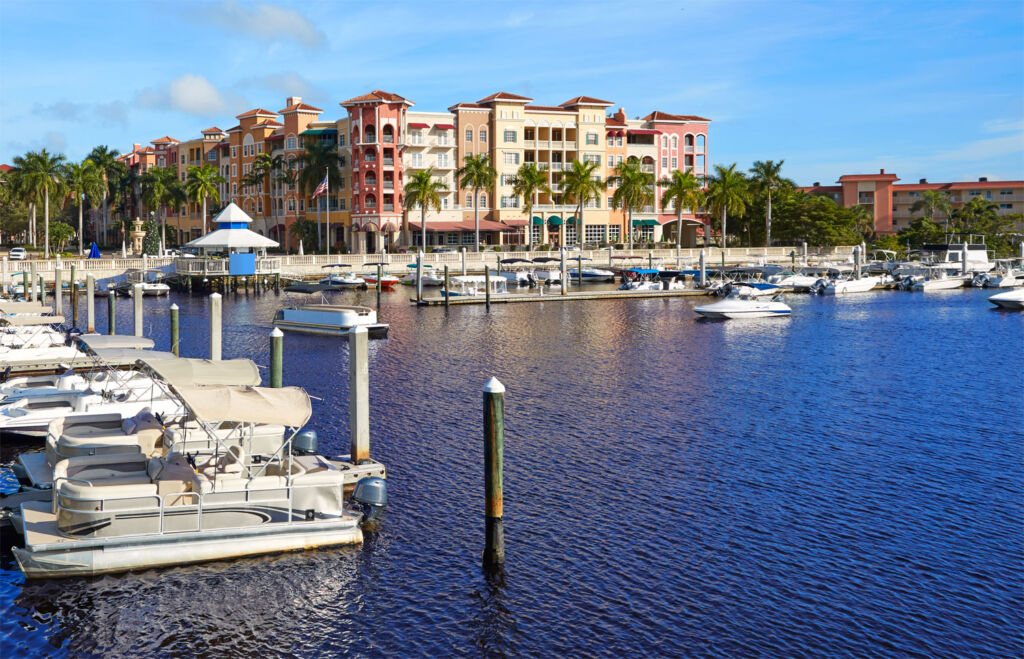
2021 sees the end of the EU’s “freedom of movement” from the UK. Christopher Nye, the editor at Property Guides, suggests how we might still be able to move to Europe, or where else we might go.
The COVID pandemic could hardly have come at a worse time. From our research at Property Guides, we know that tens of thousands of British people, especially those approaching retirement, were planning to move to Spain, France or Portugal this year.
After all, get residency in a European Union country before 31 December, and you keep all your current EU rights. That means no need to apply for a visa, meaning you can work or study in the EU and continue to get subsidised healthcare. The benefits could add up to thousands of pounds every year, especially for those with a pre-existing health condition such as diabetes.
If you can still make the move before the end of the year, go for it!
For those who can’t two questions remain – how can we still get to live in Europe, and where else might we decide to go instead?

Visas
Sorry to be boring. You want to be thinking about your perfect life overseas. Maybe you’ll own a house on the beach, with a veranda overlooking the ocean. Perhaps you’ll trot down to the nearest café every morning, set up your laptop and continue “working from home” for the London office that you last saw before the lockdown? Then an afternoon on a warm sunny golf course – in February – or surfing?
That’s all possible, but you’ll need a visa to do it or risk being deported unceremoniously when the authorities catch up with you. You can apply for several types of visa. The one getting most of the press in recent years is the ‘golden visa’. This is where you buy a property worth over a certain amount (€500,000 in Portugal, for example) and the authorities grant you the right to reside there, or even citizenship. It’s been popular in Portugal, Cyprus, Malta and Greece, as well as several Caribbean countries.

In truth, just about anyone with a bit of money behind them can live almost anywhere. Expensive parts of London are full of people from Russia or China on ‘investor visas’, and even countries like the USA, New Zealand and Australia that normally have high barriers to entry, will roll out the red carpet to those who will boost the local economy.
Some countries also offer special residency packages to groups they want to attract, such as the wealthy retired. Greece has just started a new plan, and Portugal’s ‘non-habitual residents’ (NHR) scheme offers tax-free pension income for the first ten years there.
Where to move?
Okay, so we know there are ways to move abroad legally, but where should you go? Responses to COVID have certainly played a part in changing the popular choices in the past six months.

The USA has always been a top choice, particularly Florida and New York. But this year, not so much. Similarly, Mexico, which tends to get a bad press but is actually a wonderful country to retire to, is absent from many people’s list for the foreseeable.
On the other side, countries that have kept COVID out are attracting more interest. That includes New Zealand and Australia, Greece (and in particular Corfu), Cyprus, Germany and parts of Eastern Europe.
Even within countries that have seen many COVID infections, islands are popular. In Spain, that’s the Balearics – and Mallorca in particular – and in Italy it’s Sicily.
A second home in France or Italy also appeals to many buyers from Australia and New Zealand too. It makes it easier to pop over and see your British relations in the UK while enjoying better weather and being at the heart of European culture and Mediterranean lifestyle.
For those keen to buy in a country with rising property prices, the big winners in the past year have been in central Europe. Countries like Germany, Poland, Slovakia and Croatia have all seen double-digit price rises in the past year, with New Zealand, Portugal, Greece and Australia not far behind.
Of course, data for 2020 could show price falls, and that won’t be a bad thing if you’re buying!

Planning your move
Making the decision to move abroad is the easy part – actually doing it is another thing entirely. The best way, as with any big project, is just to divide it into a series of simple, achievable steps. Then you need to find the people to help you.
I’d recommend getting three experts in your corner from the start. These are a good estate agent, an independent lawyer and good currency and payments company.

Most lawyers will help you get residency in Europe, although if moving Down Under a migration agent will need to be added to the others.
In conclusion, 2021 will be a year of significant change in international migration. There’s one last stat worth bearing in mind. When we asked readers if the pandemic made it more or less likely they would move or buy a property abroad in the near future, 25% said they were more determined, only 5% said they were less likely (and 70% said it made no difference).
People are on the move!
This guest article was provided by Christopher Nye, the editor at international relocation and homes website Property Guides.
Read more property-related articles in our dedicated section here.
![]()




You must be logged in to post a comment.